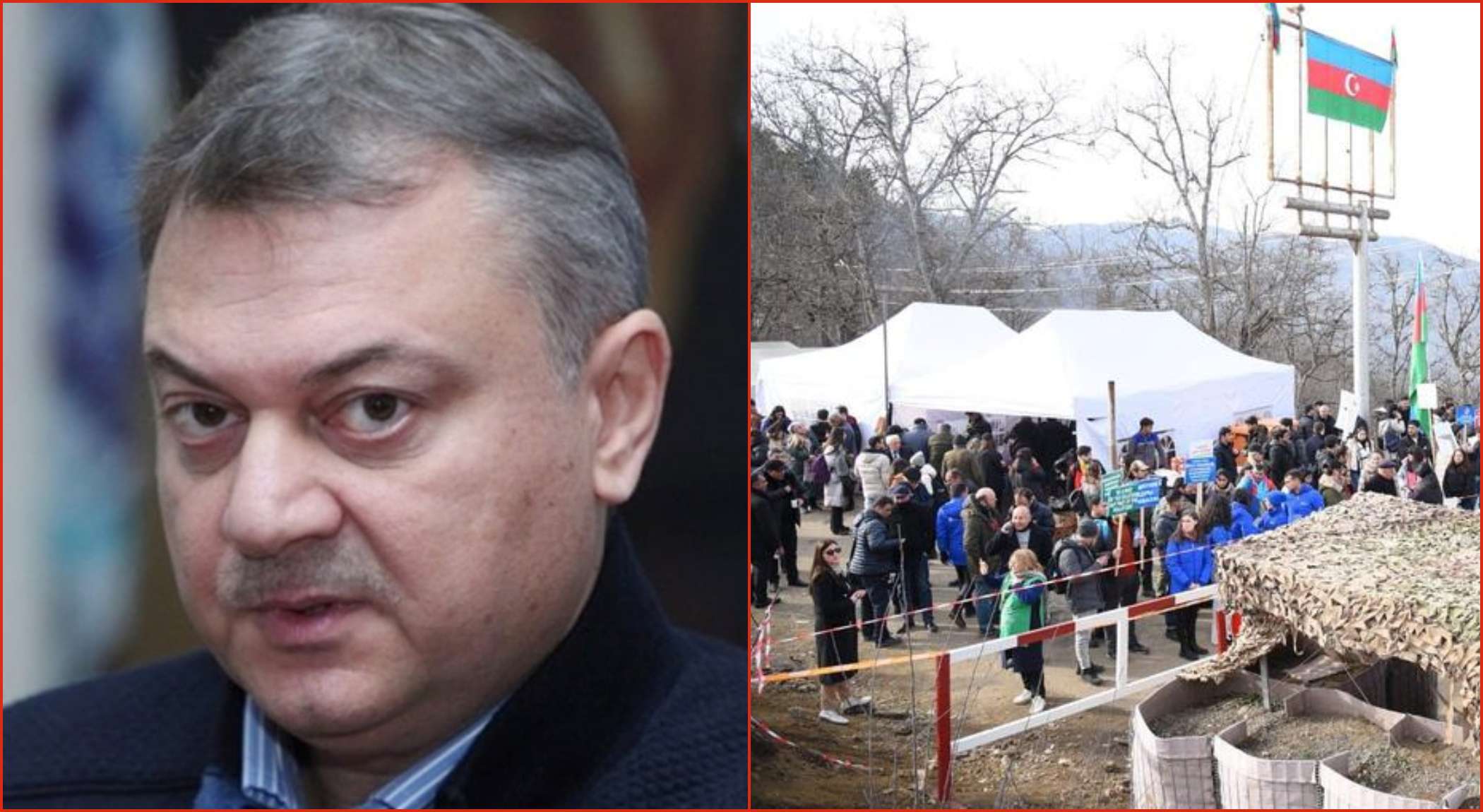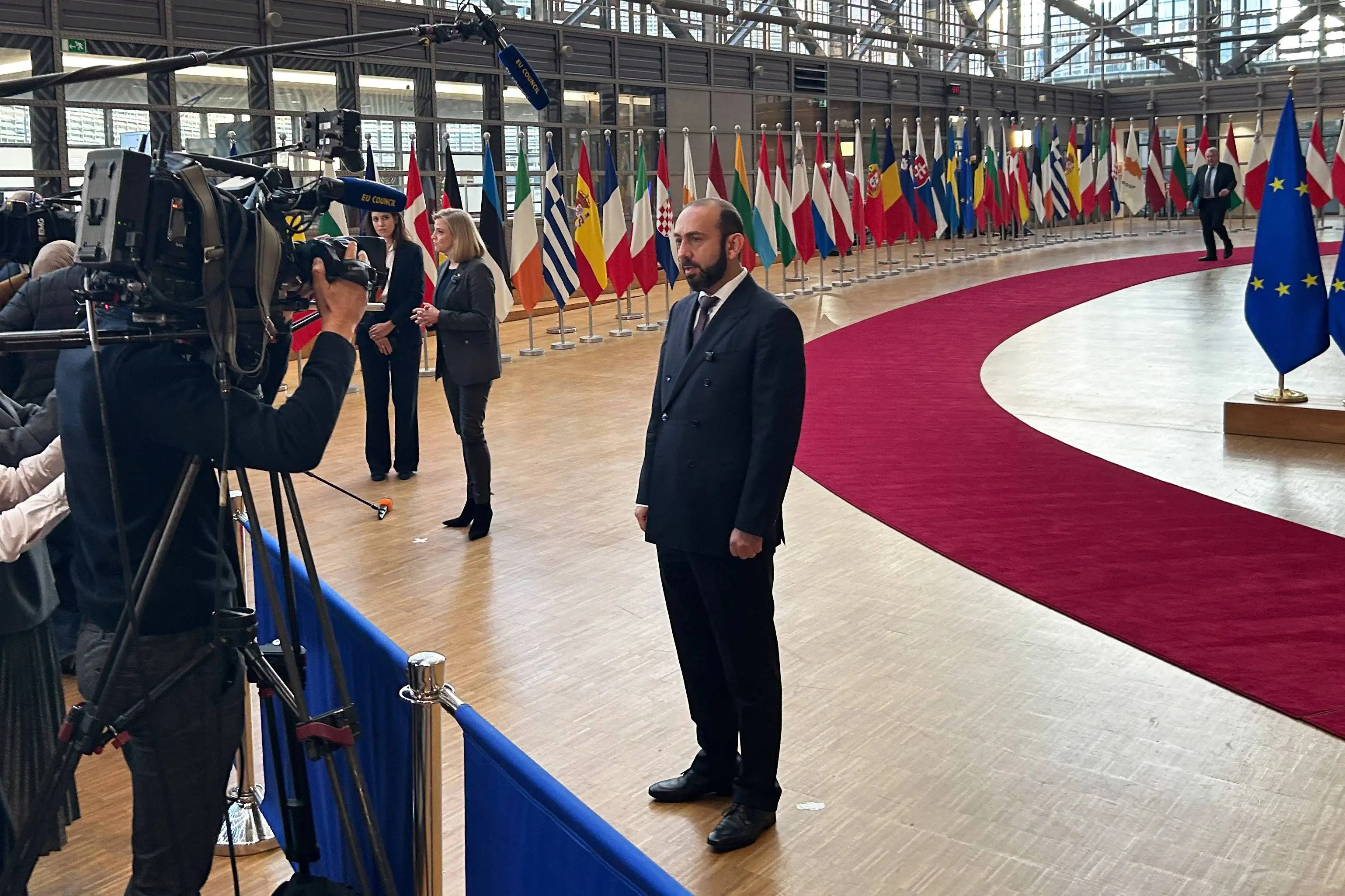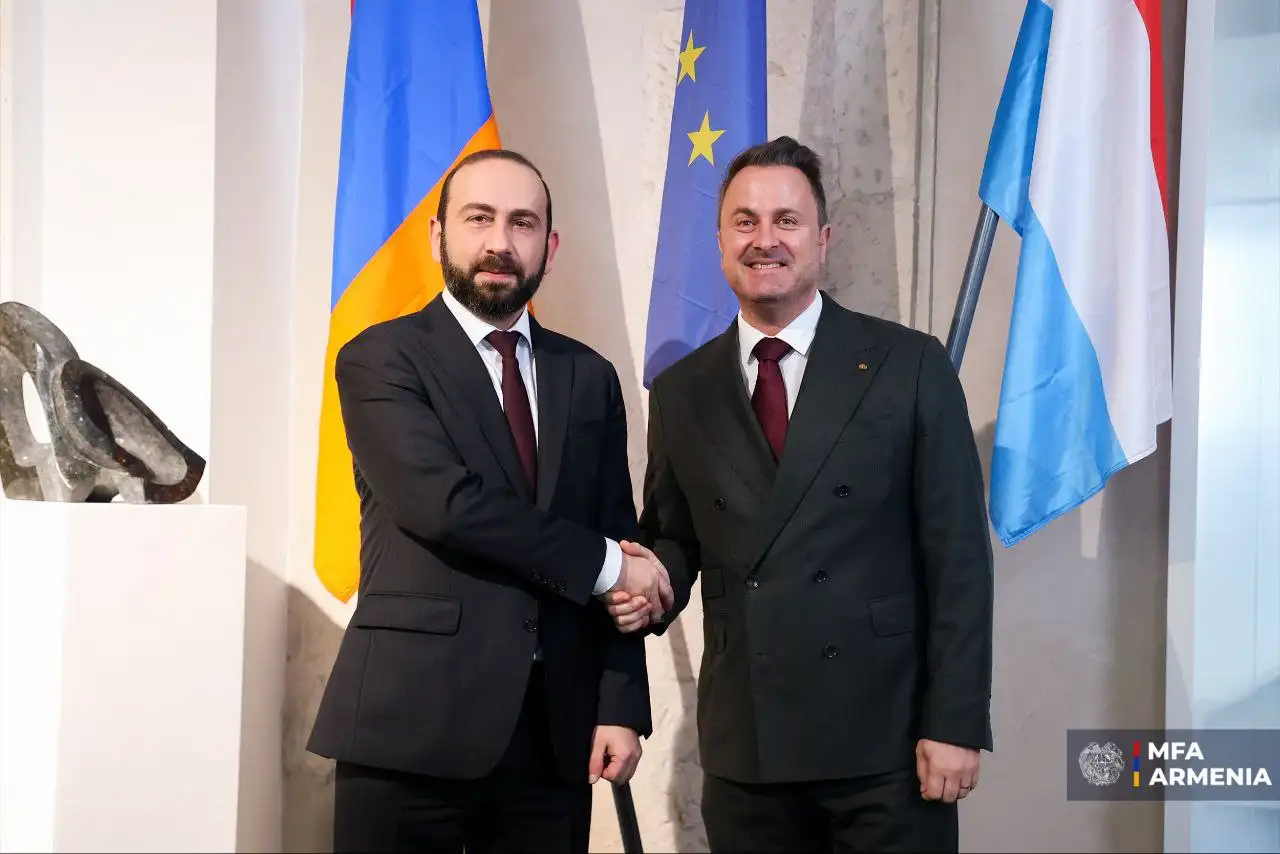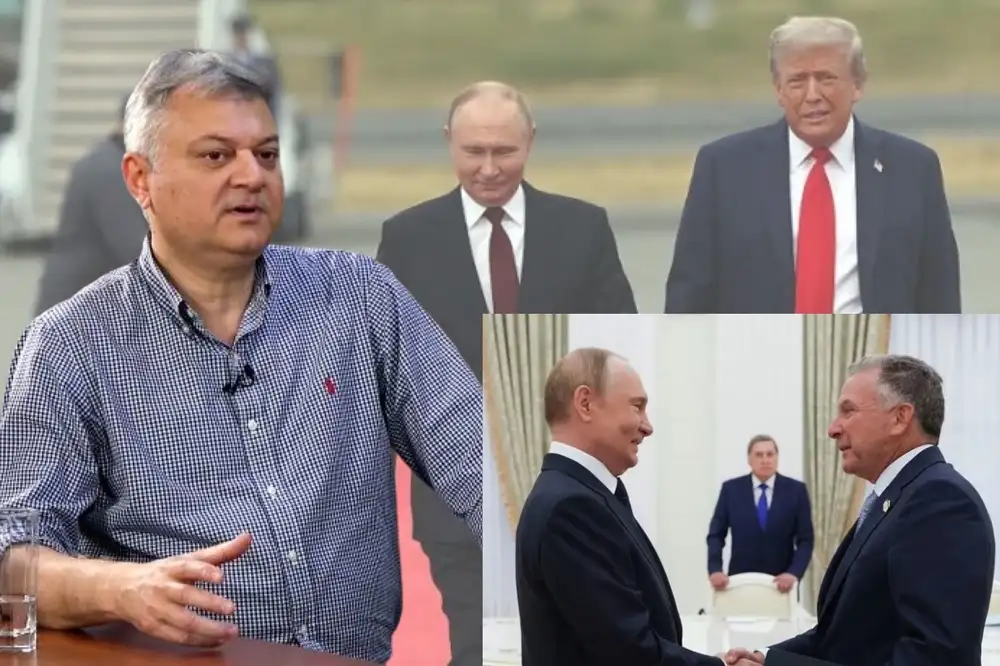Radar Armenia's interlocutor is Shahan Gantaharyan, an international scholar.
- How would you interpret the situation around the Lachin Corridor? After settling the issues, what do you think I should do to avoid the road's closure?
- It is not the first time Azerbaijani "environmentalists" have blocked the road. The difference is that the road's opening was faster in the first case. Now, this is the more active phase of the policy of repression. Environmental protection, mines, and subsoils are an excuse for concealing the political motive. The events should be considered in the context of the hasty policy of implementing point 9 of the statement of November 9. The Azerbaijani military-political behavior of "corridor for corridor" is in effect. It is not in Russia's interest to keep the road closed for a long time. Any policy of disarmament, especially in the form of a humanitarian disaster, is a blow to the image of Russian peacekeeping. And by and large, the continuity of the peacekeeping mission is determined by the existence of the population in Artsakh.
-Azerbaijani "environmental activists" submitted demands, which state that the territories of the Karabakh region where Armenians live and where the Russian peacekeeping unit is located should be jointly controlled by Russian peacekeepers and Azerbaijani state bodies. They also demand to establish separate points of the state border guard service and customs of Azerbaijan on the border with Armenia in the direction of Lachin. What risks do these provisions entail, and will the Russian side agree to this?
- The main message is that the blockade should be considered again in point 9. In other words, if the Armenian side places checkpoints on the road connecting Nakhichevan-Azerbaijan, Baku can also place checkpoints on the Berdzor-Armenia corridor. Baku wants to give the same status to the new route, "lane vs. lane" or "road status vs. road status." This approach will not be in the interests of Moscow, which wants to keep control of the roads exclusively in its hands in both directions. Points 6 and 9 of the ceasefire announcement, both in the case of the Berdzor corridor and the newly opened roads, talk about the joint function of security control. But there is a vague section on everyday security control operations. Thus, point 6 ("By agreement between the parties, within the next three years, the plan for the construction of a new route through the Lachin Corridor connecting Nagorno-Karabakh and Armenia will be defined, with the further redeployment of Russian peacekeeping troops to protect this route. Azerbaijan guarantees the safety of citizens, vehicles, and vehicles through the Lachin Corridor the security of two-way cargo movement"). And the 9th ("The Republic of Azerbaijan guarantees the safety of transport communication between the western regions of Azerbaijan and Nakhichevan to organize the two-way unhindered movement of citizens, vehicles and cargo. The control over transport communication is carried out by the bodies of the Border Guard Service of the FSB of Russia"). Now Baku wants to equalize road statuses.
- Were the reactions of the international community, especially of the countries that used moderation in settling regional problems, sufficient? What else is expected?
- The positions of the international family should be considered not with the logic of alarming humanitarian problems but by noting the motives of conveying messages regarding the Russian role. It is not excluded that they will question the effectiveness of the peacekeeping mission and begin to increase the necessity of sending observation missions. The international responses should be considered in the logic of the geopolitical behavior of counterbalancing the Russian role in the South Caucasus.
Hayk Magoyan




















